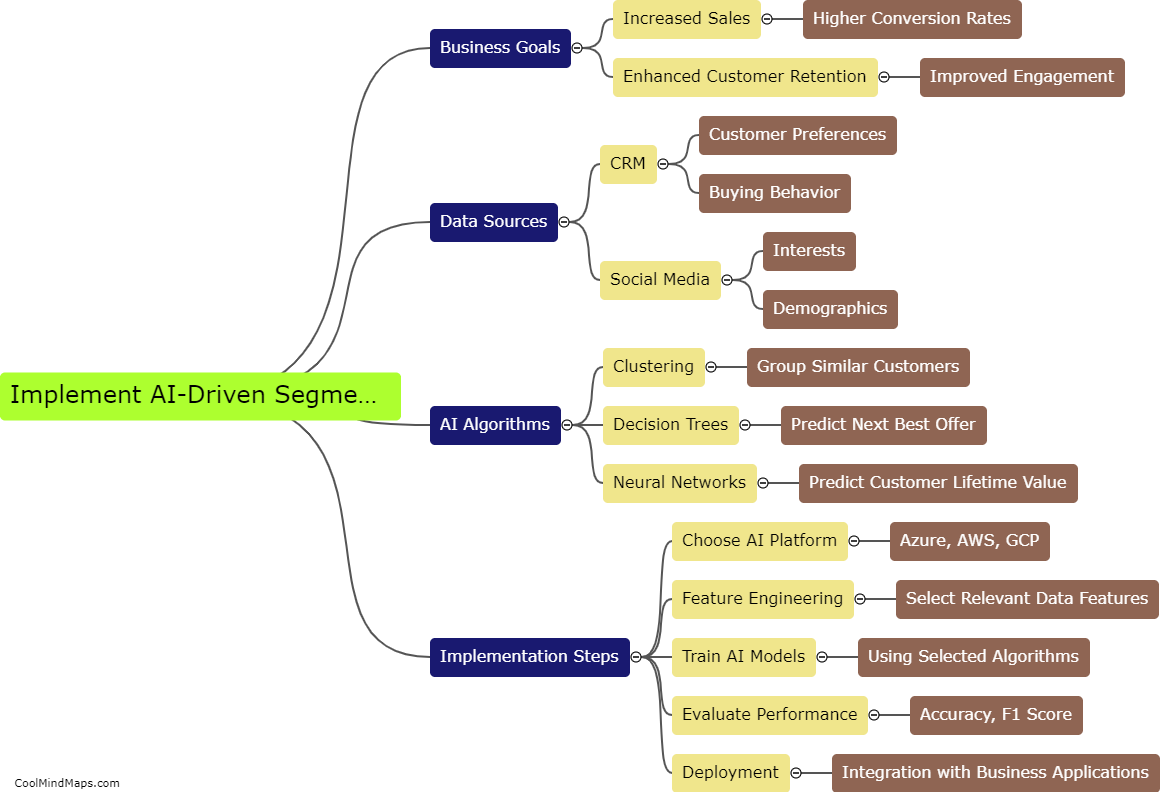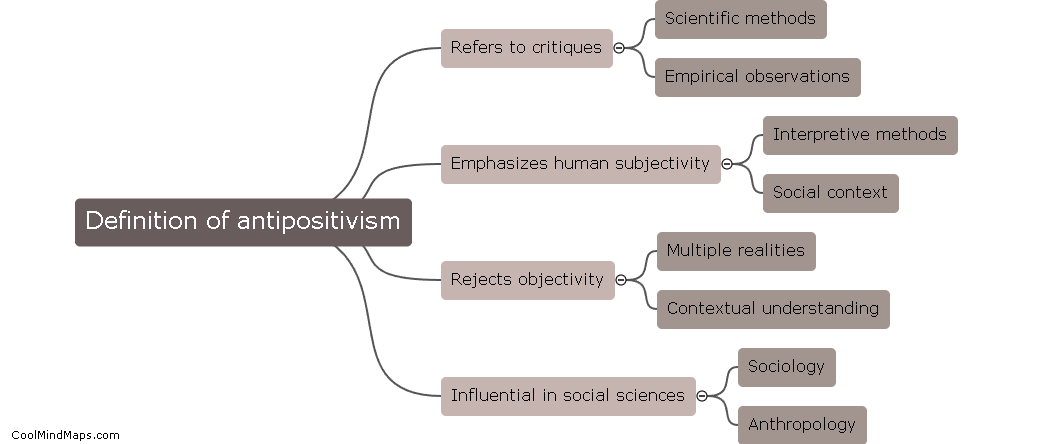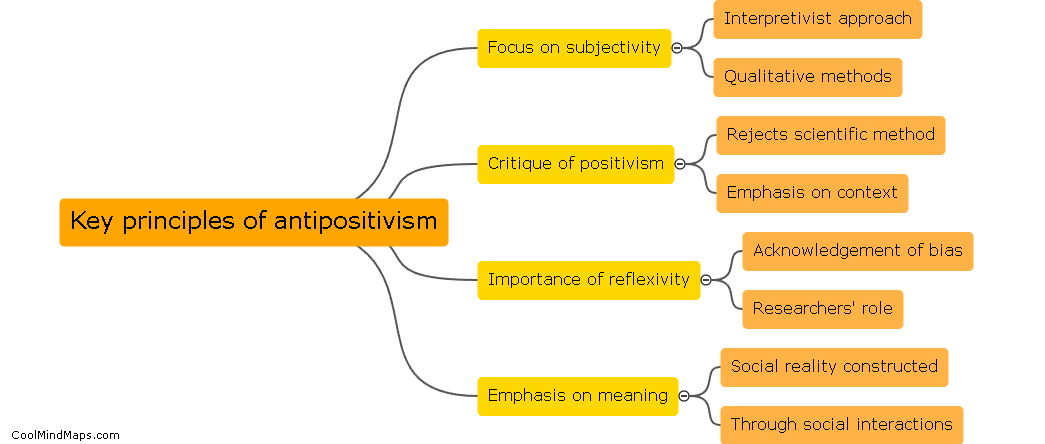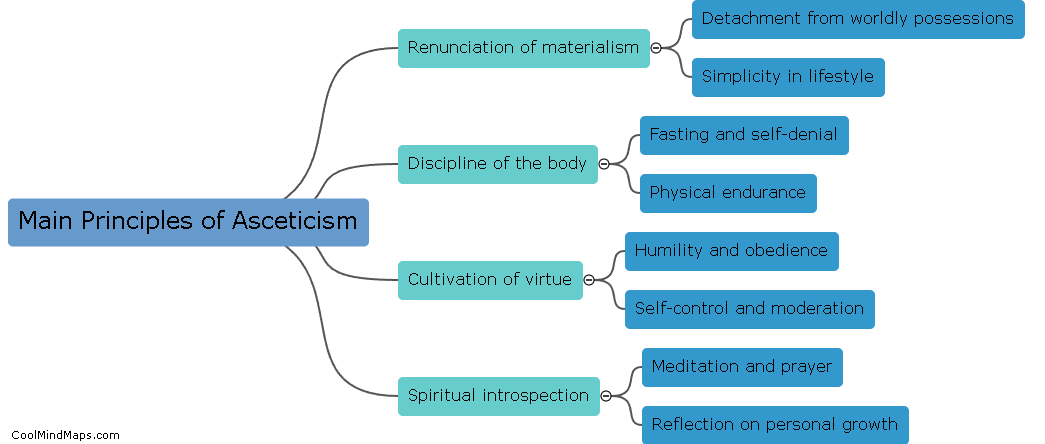What are the key principles of cognitivism?
Cognitivism is a theory that focuses on how mental processes such as perception, memory, and problem-solving influence learning. The key principles of cognitivism include the belief that learning is an active process that involves mental processes, that learners organize information in cognitive structures called schemas, that prior knowledge influences learning outcomes, and that meaningful learning occurs when learners are actively engaged in constructing their own knowledge. Cognitivism also emphasizes the importance of metacognition, or the ability to reflect on one's own thinking processes, and the use of instructional strategies that promote deeper understanding and higher-order thinking skills.
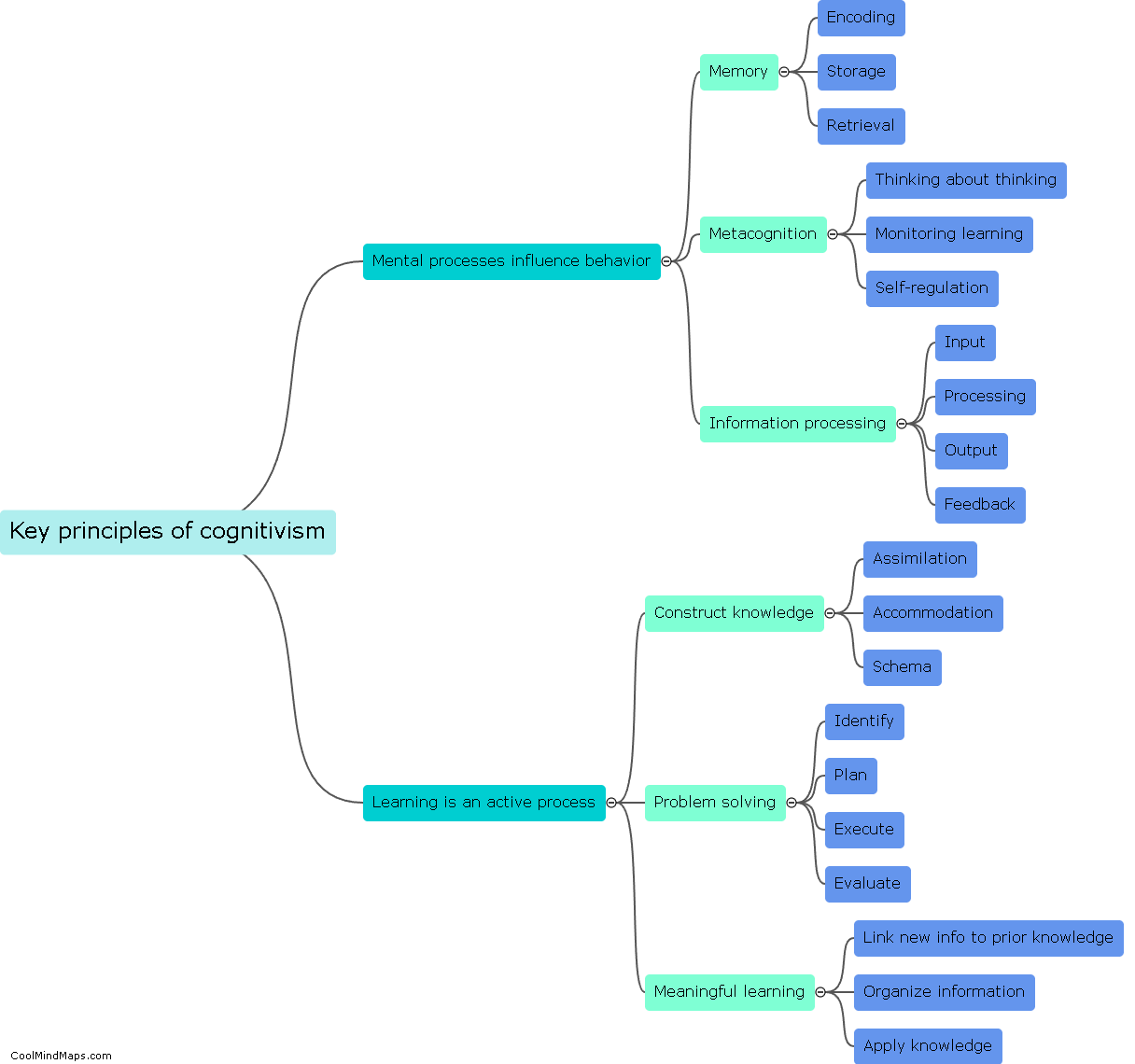
This mind map was published on 20 September 2024 and has been viewed 54 times.

